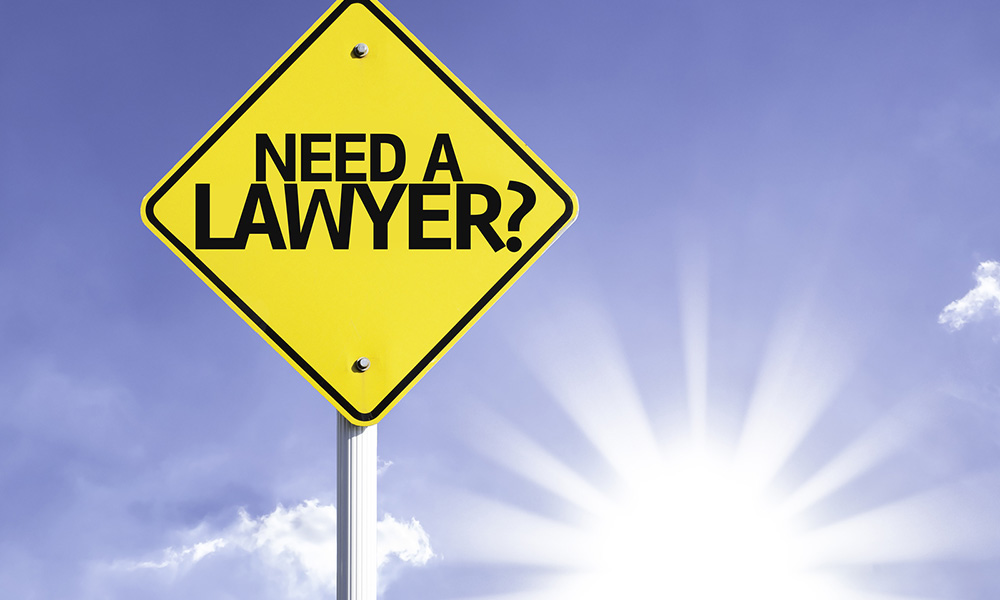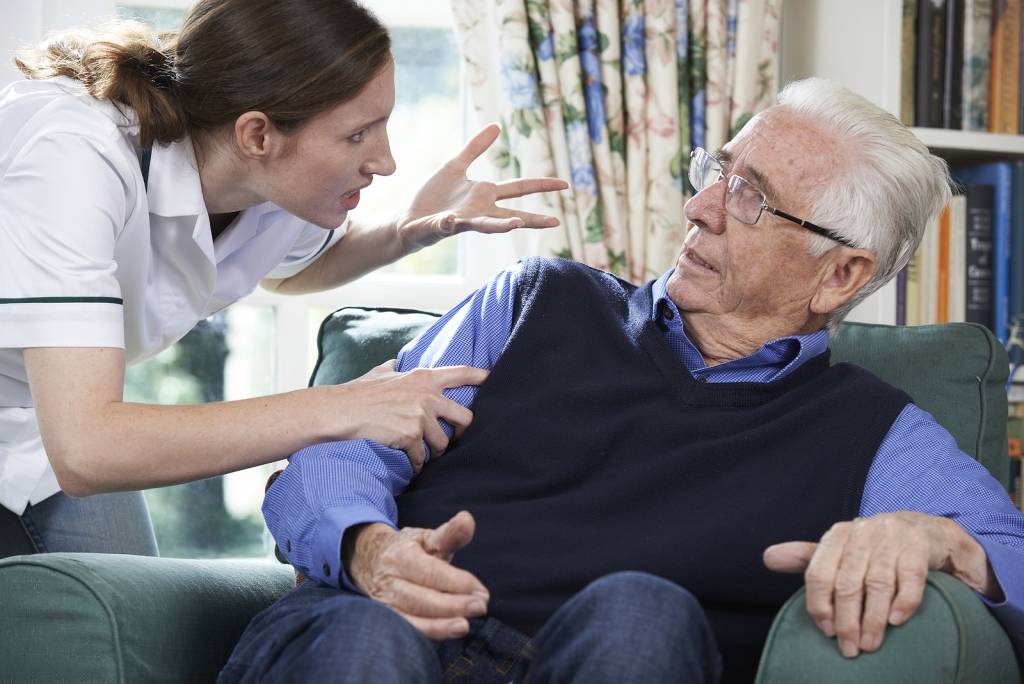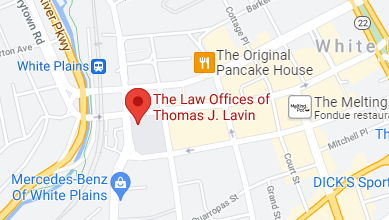Rideshare services such as Uber and Lyft have become wildly popular in recent years, and the explosive growth of these services also created new legal concerns. Car accidents can be complicated to begin with, but adding a third party in the form of a rideshare driver adds an extra layer of complexity. The laws around this are still evolving, so having access to legal representation is highly recommended. Taxis have been around much longer, but New York law views them somewhat differently from rideshares. Determining liability in an accident with an Uber driver can take extra time and investigation and will likely involve multiple insurance companies and possibly numerous attorneys. Here’s what you need to know about being injured in an accident with a rideshare driver.
Can I File a Claim Against Uber or Lyft if Their Driver Was at Fault?
This is where things become tricky. Currently, Uber and Lyft drivers are not employees of those companies. They’re considered independent contractors, which means they’re essentially the owner of their own businesses, and the rideshare companies contract with them to provide services. The rideshare companies don’t pay them salaries or provide benefits like they do with employees. But that can often mean that the rideshare companies aren’t liable for them either–the driver’s own business could be the responsible entity.
This could change as time goes on. Some lobbying groups are working to have rideshare drivers reclassified from independent contractors to employees. If that happens, it could affect the liability laws going forward. An experienced personal injury attorney will monitor this evolving scenario and have the most up-to-date information.
What Is Considered a Rideshare Accident?
In New York, there are four scenarios recognized as rideshare accidents:
- Someone is injured in an accident while riding in a rideshare they hired.
- The rideshare driver is injured during the course of paid business (which means in the act of picking up, driving, or dropping off paying passengers from the point of origin to their destination).
- The driver of another vehicle is injured in an accident with a rideshare car during the course of paid business.
- Passengers in a non-rideshare vehicle are injured in an accident with a rideshare car vehicle on its way to pick up a paying passenger.
How Do Insurance Companies Determine Liability?
In the state of New York, rideshare drivers are required to have at least $100,000 of personal liability insurance. The rideshare companies also have insurance. However, that doesn’t mean that both insurance companies will provide payments for your injury. Much is based on the specific time period in which the accident occurs:
The rideshare driver has the rideshare app turned off and isn’t looking for customers. At this point, the driver’s insurance would be involved if there’s an accident.
The rideshare driver has the rideshare app turned on and is waiting for customers. This is possibly when the rideshare company’s insurance would be involved in an accident.
The rideshare driver is selected by a customer. This phase starts when the ride is accepted and ends when the customer reaches the destination. This is the most likely phase for the rideshare company’s insurance to be involved.
But even then, there are more considerations in play that determine who will pay damages and how much compensation will be distributed. If the Uber driver is at fault, either they or the rideshare company (or possibly both, depending on the extent of the injuries) could be liable. If the accident involved another non-rideshare vehicle, and that vehicle’s driver was at fault, they may be responsible. That’s also a situation where there would likely be multiple insurance companies and attorneys trying to sort out exactly what happened and who’s at fault. This is when hiring an experienced attorney is especially highly recommended.
What Should I Do if I’ve Been Injured Because My Uber Driver Had an Accident?
First, if you’re physically able, call the police. In New York, accidents that cause injury, death, or property damage of more than $1,000 must be reported to the DMV. Even if the accident seems minor, filing a police report can help with your claim later on. In addition, document the scene as best you can (cell phone photos and videos work well) and try to get names and contact information for everyone involved in the accident and of any witnesses. Finally, report the accident both to your own insurance and to the rideshare company. Notifying these two entities is not the same thing as filing a claim, but some insurance companies require notification of an accident within specific periods of time, or they can reject the claim when you do file it.
You may receive contact from the driver’s insurance company or attorney. It’s vital that you don’t have a conversation with them. If you’ve hired an attorney, refer them to that attorney, and if not, simply say no comment. The driver’s insurance company and/or attorney is going to look out for the best interests of the driver, not you, and their goal is to get any damages or settlement to be as low as possible. They may try to get you to say things that could be construed as meaning the driver wasn’t at fault. These conversations are better handled by the attorney representing your best interests.
Then call me at 718-829-7400 for a free case evaluation. Cases involving rideshare companies such as Uber and Lyft can be complex, and you’ll benefit from working with an experienced, knowledgeable attorney who will work hard to get you the financial compensation you deserve. Such accidents can be frightening and demoralizing. I understand that and want to see you able to fully recover if possible, and that’s physically, emotionally, and financially.









